#iwonder #bookcampaign #booksontourpr
Article by Allison Paterson
Our beautiful oceans have become a rubbish dump. The rubbish that ends up in the ocean is called ‘marine debris’. Scientists think that the deaths of more than one million seabirds and 100,000 marine mammals such as seals, sea lions, dolphins and whales are caused by marine debris every year.* What about the turtles who mistake plastic bags for jellyfish? Or the fish who eat tiny pieces of plastic?
Plastic is the biggest problem in our oceans. Plastics are man-made materials and can take many years to break down. Some plastics are predicted to decompose over 500 years. In the ocean plastics slowly turn into tiny pieces which marine animals mistake for food. These ‘microplastics’ can also be found on most beaches around the world. The toxins and plastic ingested by fish and shellfish end up in our food. There are times when the consumption of shellfish and other seafood is banned briefly to avoid food poisoning.
As well as threatening marine species, ocean currents have naturally gathered waste plastics into The Great Pacific Garbage Patch. This is a huge floating collection of plastic waste that swirls around in the Pacific Ocean between North America and Japan. There are four other smaller floating islands of plastic in the oceans of our world. The problem is getting worse. Scientists think that the amount of plastic entering the ocean could triple by 2040.
In I Wonder we encourage children to reflect upon the dangers of careless littering and marine pollution. We provide some key messages about actions children can take to ensure they are taking the small steps to big collective change:
- Wherever you are, always remember to take your belongings and waste with you, or find a bin that’s not too full! Be careful when outside to not let anything blow away.
- Refuse to buy plastic as much as you can, especially items that don’t need to be wrapped or contained in plastic. Fill a reusable water bottle from the tap!
- Buy fewer items, especially those made of plastic. Look after your belongings and try to fix broken things, or restore them! If we try to make items like toys, pencil cases and lunchboxes last as long as they can, there will be less plastic in the world.
- Encourage your family and friends to buy items made of natural products like wood, cotton or wool. Less plastic in the world will help our marine environments.
I hope I Wonder inspires little people everywhere to care for their world!
Allison Paterson
*www.unesco.org (2020)
Please follow Allison Paterson at her website: Allison Marlow Paterson – Australian Author – writing stories of our past
Facebook | Instagram | Twitter
I Wonder is available for purchase through: Big Sky Publishing | Booktopia
Take Small Steps for a Chance to WIN I Wonder
Click here to enter to win a copy of the beautiful, powerful book, I Wonder!
Join us as we sail with Allison Paterson and her precious environmental picture book, I Wonder, across the blogosphere and at the following media sources…
Organised by Books On Tour PR & Marketing. Email: info.booksontour@gmail.com











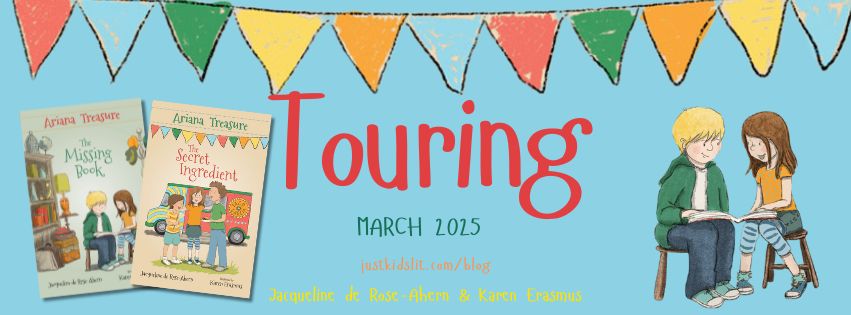
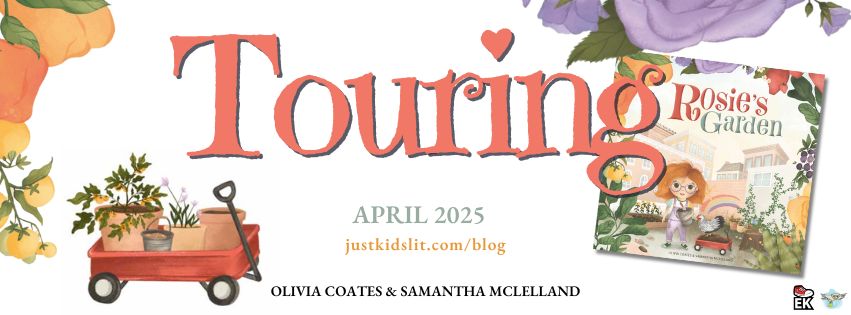
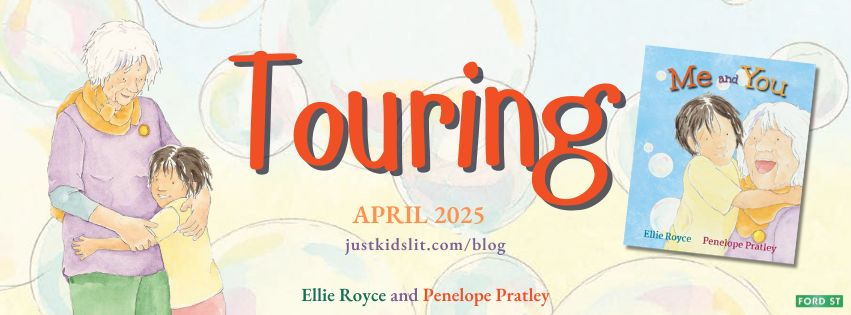
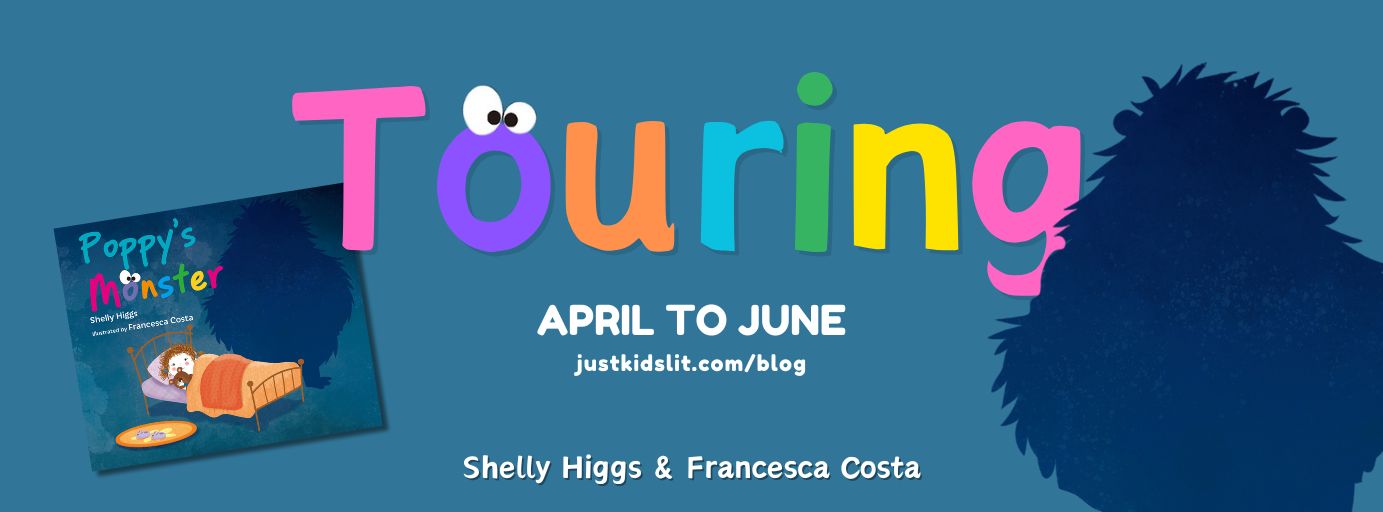
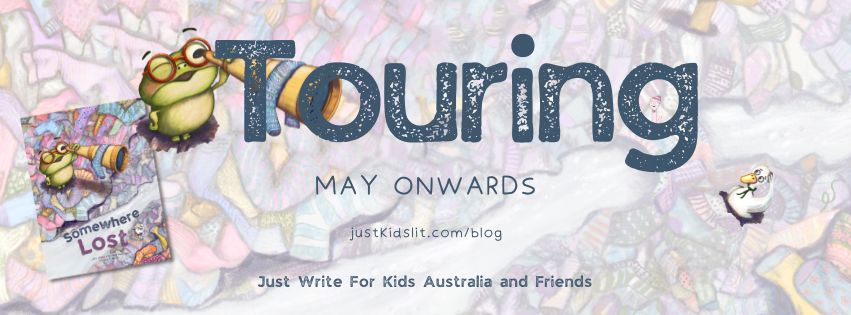





2 thoughts to “I Wonder … the Problem with Plastic!”
Wonder is a good thing. If we can get children to care about the planet, they will get their parents to care about the planet too.
Absolutely! Our younger generation will pave the way…